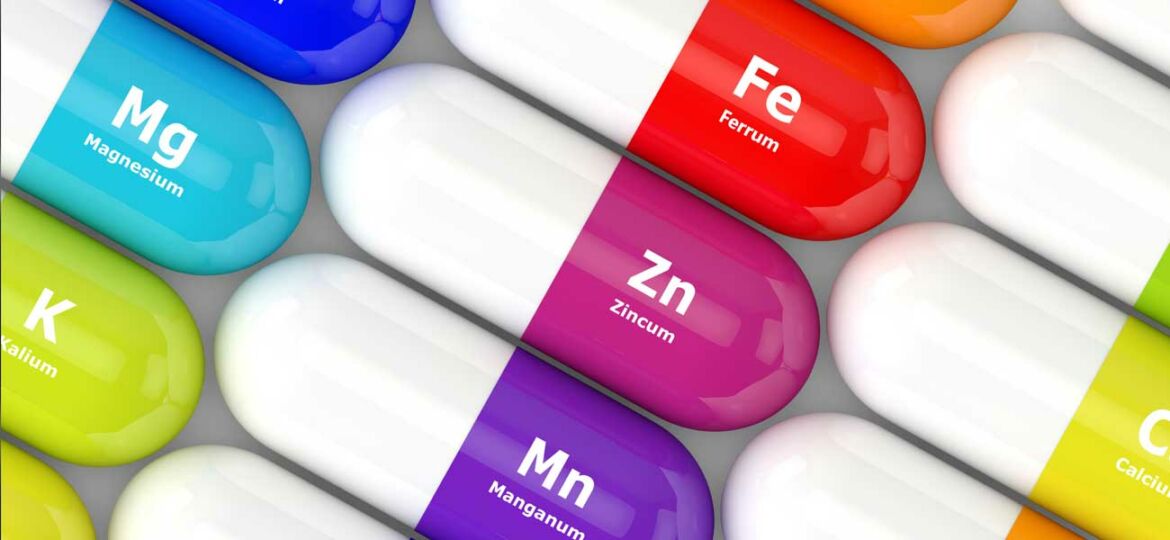
How to Benefit from Micronutrient Supplementation
Micronutrients, which are essentially vitamins and minerals that the body needs in small quantities, are found in all food groups in different varieties, depending on what the plants or animals you consume tend to absorb. Receiving an appropriate amount of vitamins and minerals is imperative for the proper functioning and development of the body and mind, as well as for healing processes and prevention of disease.
Overall, vitamins are most necessary for immune function, blood clotting, the production of energy and oxygenation of the blood. Minerals are most beneficial for bone health, growth and fluid balance among other vital processes.
Is your diet offering you the right micronutrients?
Getting the right micronutrients and macronutrients for individual (because we all have different needs) optimal health is not something that happens by chance. It’s important to observe your body’s needs based on your age, lifestyle and tastes/tolerances, and to then map out a balanced diet that can suit your personal needs. This can be easily achieved by taking a nutrition test which offers you a personalized and thorough view of your needs as well as coming with a substantial quantity of expert advice on how to improve your daily diet in any way necessary.
Some of the most common symptoms of suboptimal micronutrient levels are a weak immune system (regularly catching viruses, slow healing from infections), low energy levels, fatigue (physical or mental), digestive issues and impaired brain function.
Variety is the spice of life
Our bodies cannot produce vitamins and minerals, so we need to source them from our food. Generally, however, studies have shown that the best way to receive a good variety of micronutrients is by following a well-rounded diet that includes foods from all groups – pulses, nuts, fruits, vegetables, well-reared, wild and lean meats and fish, seeds, herbs and grains, as well as healthy fats – to prepare these using varied cooking methods (from raw to roasted to steamed as soups, etc) and to consume these in different combinations.
Benefiting from micronutrient supplementation
In the medical world, supplementation is a controversial issue, both because it is rare in our world (excluding third world countries) that a lack of micronutrients can lead to any major disease, and because taking too many of the unnecessary supplements can prove detrimental to our health. However, if ideally you have had a blood test to find out exactly what your needs are and have received appropriate medical advice, supplements can boost your health in significant ways.
By now, supplements come in an overwhelmingly huge variety and consumers can easily buy single supplements (eg. Iron or Vitamin B) or supplements to help you recover from particular conditions like tiredness, lack of concentration, insomnia, weight gain, digestive issues, anxiety, bone health etc.
What to be aware of when supplementing
Is it possible to run into danger when taking supplements? Yes, according to research that shows how overdosing on certain micronutrients can be poisonous. Fat-soluble vitamins can accumulate in the body’s tissues and cause harm. Specifically, it is advised you’re aware of how the following supplements can cause damage when overconsumed:
Vitamin E can lead to hemorrhagic stroke and cause hemorrhages if taken in excess.
In high doses, toxicity from vitamin D can cause an irregular heartbeat, sudden loss of appetite and weight, and very high blood calcium levels.
Most ominous of all is the possibility of suffering from hypervitaminosis from vitamin A, which leads to symptoms such as increased intracranial pressure and nausea and in its worst form can lead to coma and even death.

